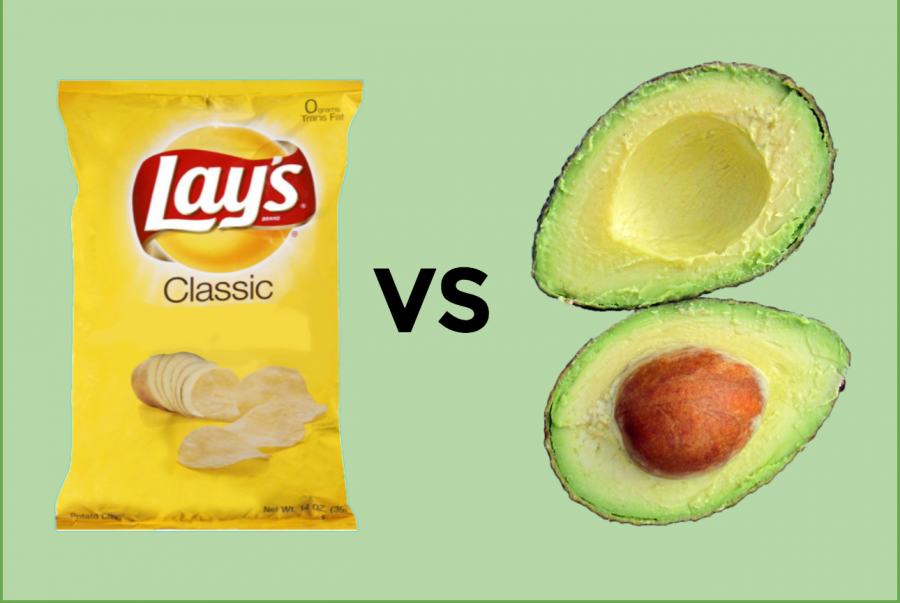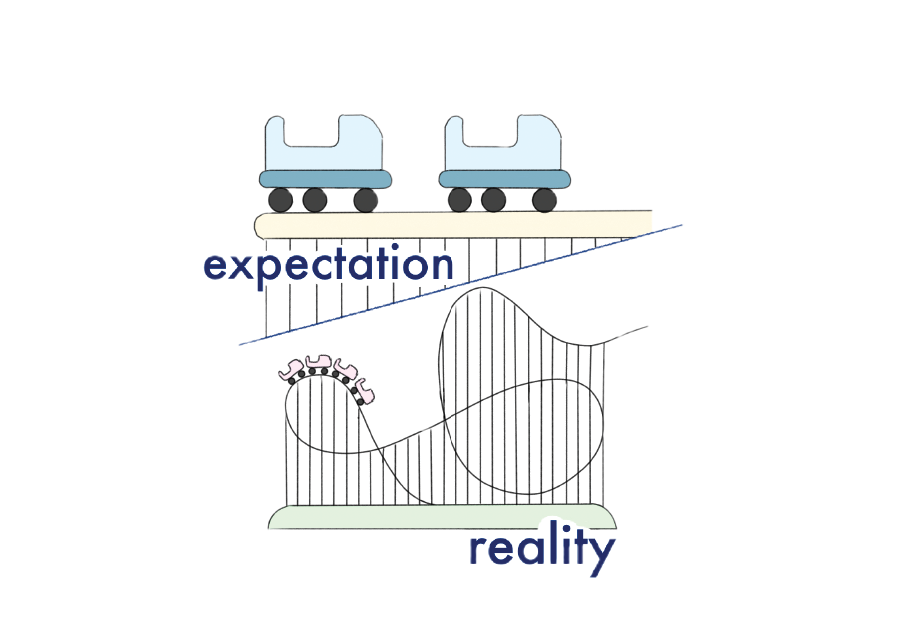In sophomore year health, one of our projects was to record the calories of every single thing we ate everyday for a week or so. I had never counted my calories before and rarely looked at the labels of the food I consumed, so I took this up as a challenge, and while doing so, subliminally set a calorie limit for myself: 1500 calories per day, even as a student athlete.
I continued this not with the goal of losing weight, but because I had heard that this would make me healthier. I could finally be the person who drinks kale smoothies and enjoys eating food with some dirt remnants on it (dirt=harvested=healthy). I had also heard that watching what I ate and recording it would give me control over my consumptions and my health. However, I didn’t feel anything like that, and even felt like I was losing control over my health with every unhealthy calorie that I consumed.
For example, if I had 500 calories saved for dinner and I cooked a no salt, no condiment, plain, organic chicken breast (around 231 calories), I would have 269 calories left for a “side dish.” Here were the options that I would set out for myself:
- Eat a protein and nutrition filled food to make up for the protein and nutrition that I’m not getting with this calorie limit. An avocado! 322 calories.
- Eat a bag of 1 oz lays chips. One hundred and sixty calories. It’s not as healthy as an avocado, but the calorie count isn’t nearly as high. I’ll even have 109 calories left. Health!
The angels and devils in my stomach (they relocated from my shoulder) would tiff, and I would choose the lays chips to accompany the sad, bland chicken breast.
These tussles would repeat until I had had enough. Eventually, I’d accepted that calorie counting was not the best thing for me. I had to say goodbye to my dream of being a dirt-eating kale master. I was constantly tired because I wasn’t getting the nutrients I needed when I replaced healthy, high calorie and fat foods with low-calorie foods without nutrients. I was also tired of always doing math when I didn’t need to.
With the disgusted way I talk about the internal struggles and debacles that I faced with counting my calories, you would think that I was on this diet for 10 years. I only lasted four days. But to my defense, consecutive days, no matter the duration, of following the same eating pattern makes a huge difference—negatively, if you do it wrong like I did.
I learned a lesson in these four days: You don’t need to count your calories to be healthy. With good eating habits, knowing what your body specifically needs, and getting all of the daily protein and nutrients you need, no matter how many calories it takes, is the best way to stay healthy.
Cheryl Hao – Assistant Web Editor














